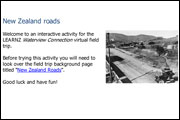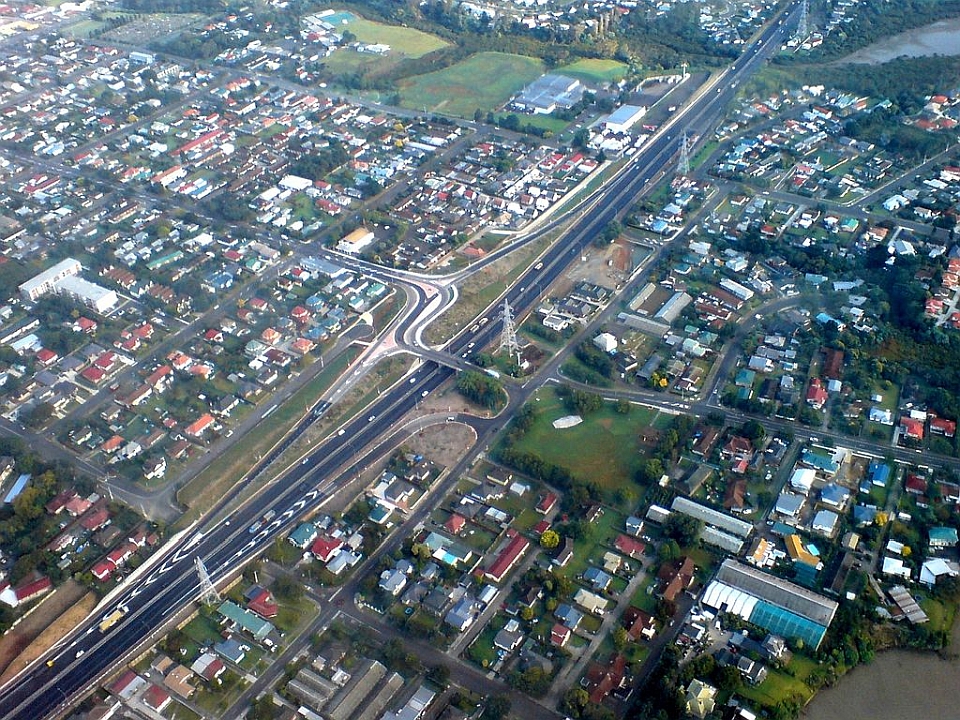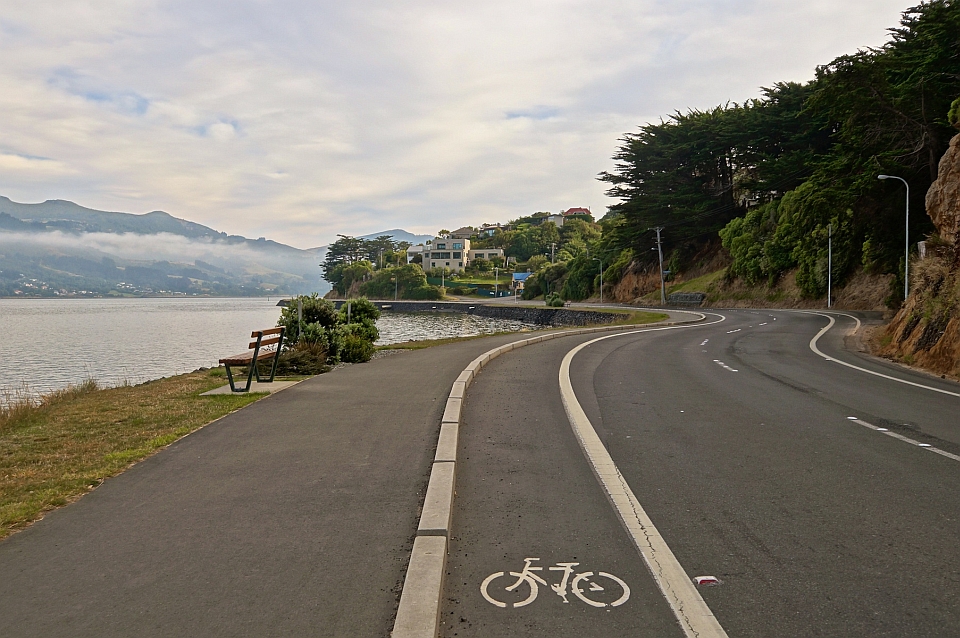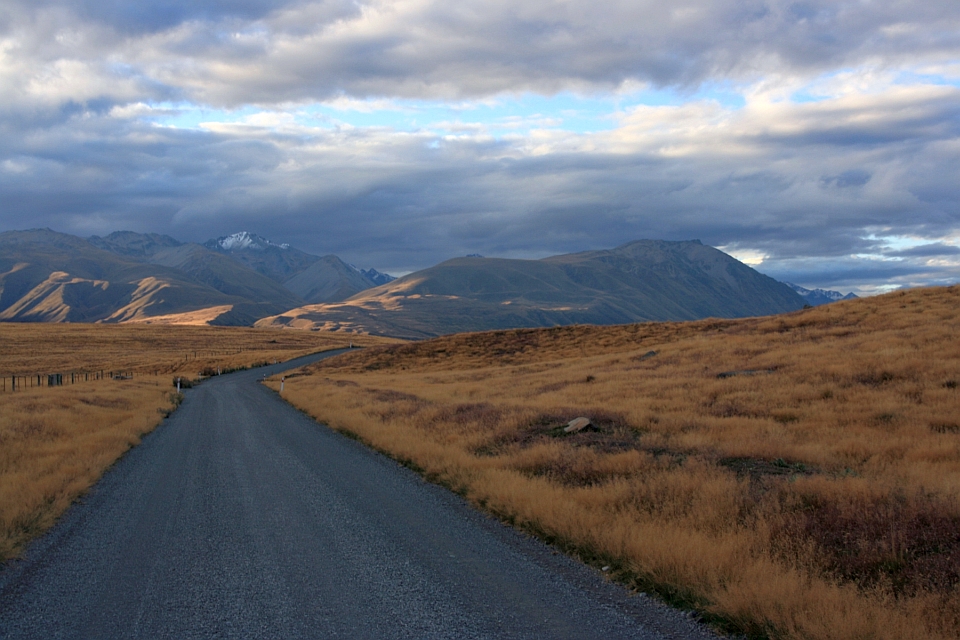There are many ways to travel around New Zealand, whether it is for work, getting to and from school, for errands or fun and leisure. You can choose to walk, cycle, use a motorcycle or car, or use public transport such as buses, trains and planes. Wherever you are going it is likely that you will travel on one of New Zealand’s roads.
Good roads are an important part of a well-functioning modern society. Our communities work much better when it is easy for people to travel and when goods and services can be easily exchanged. Roads are also a community space: we ‘meet’ and have lots of interactions on the road as we navigate safely from one place to another.
History of roads
Throughout the world many modern roads started out as just tracks that people used to get from place to place. The more popular tracks were later used by people with their horses and other such animals and so became larger. In New Zealand many of our current roads were once Māori ara or pathways.
What is a road?
The common law that we inherited from England used a very simple test to determine what a road is: there had to be a 'right of way' or 'rite of passage' granted to the public by the land owner. Roads were classed as footpaths (for pedestrians), bridleways or bridle paths (with animals), or carriageways (with wheeled vehicles), depending on the type of use permitted.
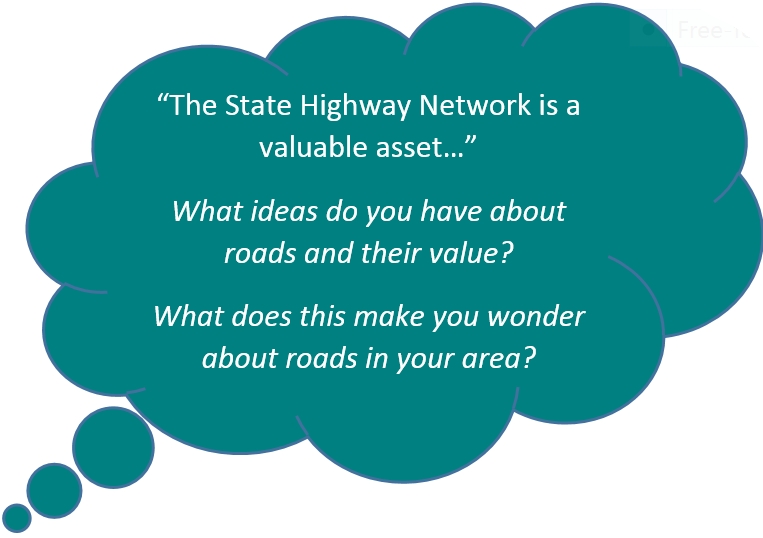
Types of roads in New Zealand
There are two types of roads in New Zealand;
- state highways (including motorways)
- local roads
State Highways
State highways are roads with a national purpose. They are used to move people and goods nationwide, e.g. State Highway 1, which runs and connects the entire length of New Zealand. State highways are managed by the New Zealand Transport Agency (NZTA). The state highway network has almost 11,000 kilometres of road.
This state highway network is one of New Zealand’s most valuable assets, and is worth $23 billion. About $2.2 billion is spent each year on maintaining these roads.
Local Roads
Local roads are used to move people and goods within regions. These roads are managed by local councils. There are 83,000 kilometres of local roads throughout New Zealand.
As a small, sparsely populated country, New Zealand relies on a well-developed transport network to move people, goods and services safely and efficiently. The length of road per person in New Zealand is one of the highest in the world.
The development of roads is important for economic growth because better roads can improve safety and save time and money.
Improving roads
One important road improvement project underway is the Western Ring Route, a 47km motorway route that skirts around central Auckland. The final link in this route involves building the Waterview Connection. This project includes a 4.8km, six-lane motorway connection between Auckland’s Southwestern Motorway (State Highway 20) and Northwestern Motorway (State Highway 16).The most challenging part of this project is to build two 2.4km long, 13m wide tunnels below Avondale and Waterview. One tunnel will be for northbound traffic, while the other tunnel will be for southbound traffic.

